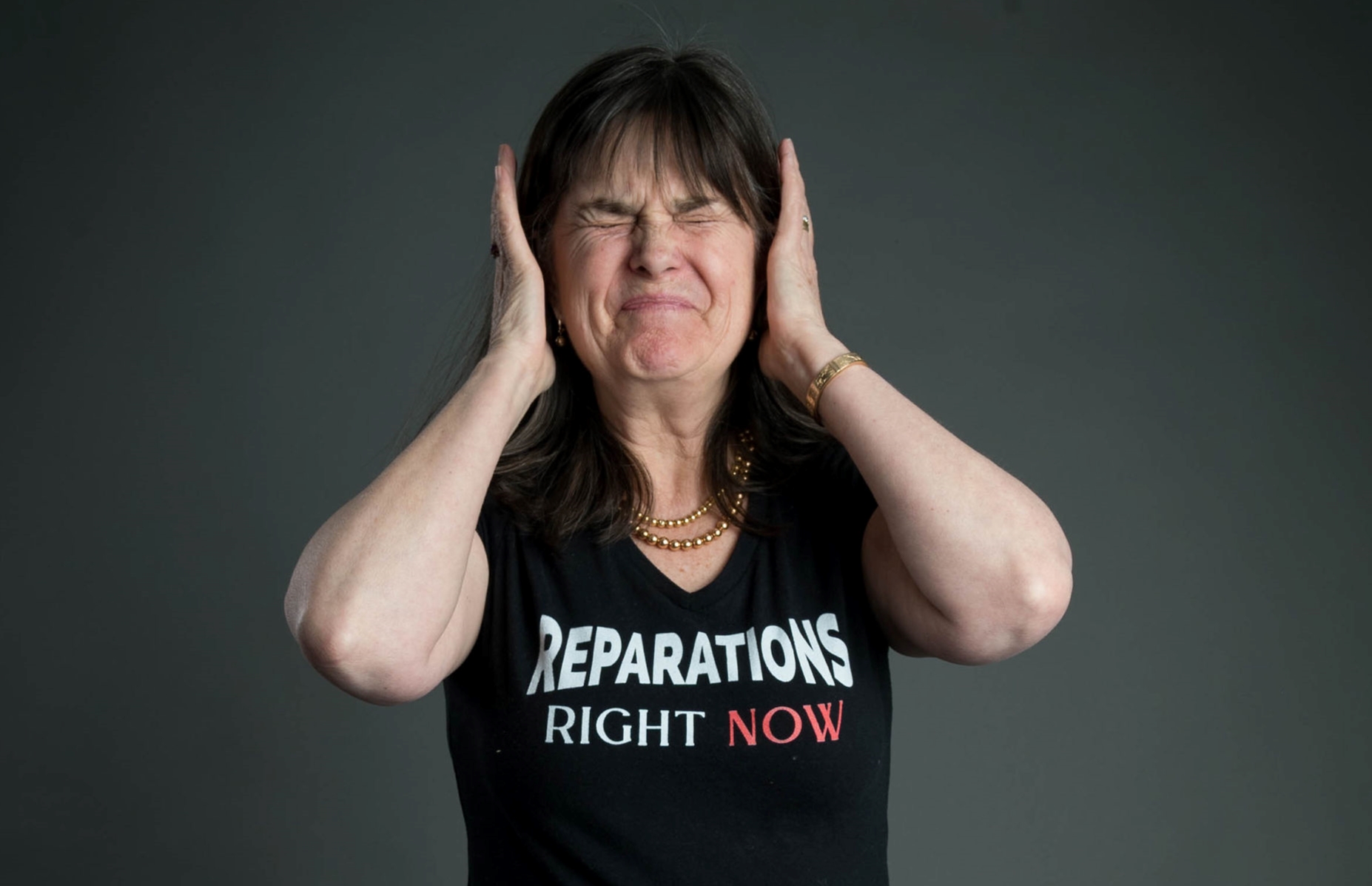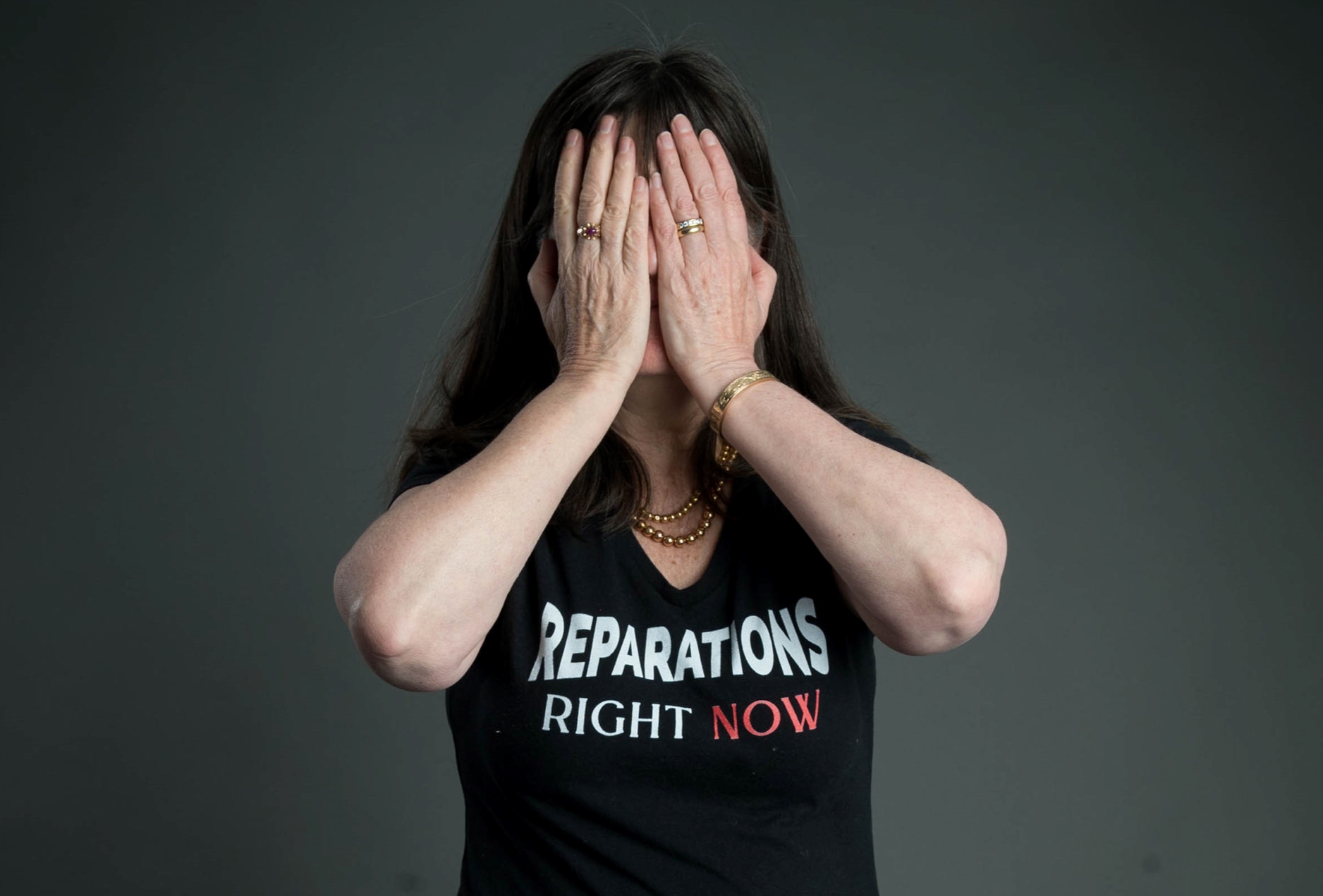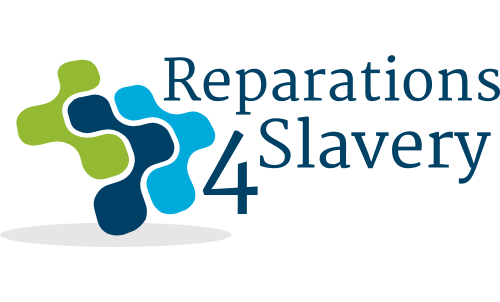SHAME. GUILT. DEPRESSION. FEAR.
As we begin to discover the pain and suffering our collective enslaver ancestors have caused, and our own complicity in upholding institutional racism by extension, we may become overwhelmed with feelings of shame, guilt, remorse, or even anger.
Good. Be with those feelings; truly feel them. Reckoning with our family's history is challenging, especially when we realize that our families may not have told us the truth. Most of us have been taught that our ancestors were good people, and that we are part of an honorable lineage, the very fabric of America. Learning about our family's legacy of slavery makes us feel defensive. "Surely no one believes this is my fault, do they?"
Processing shame and guilt and the many layers of feelings that arise in their wake takes time. However, it is an essential step in becoming an effective anti-Black racism advocate.
Consider these perspectives on white shame and guilt, then look inward.
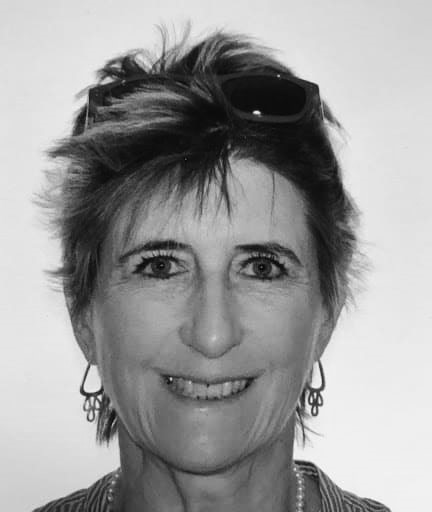
Felicia Furman:
"Well, when I was a child, I didn't feel guilt or shame about my family’s owning slaves. I did feel guilt and shame over the way my parents treated African American people in our household, however. We had African American maids, nurses and cooks; I couldn't understand why they were treated a certain way. Later, I read books including “Black Like Me” by John Howard Griffin and began to listen to African American’s experiences of violence and discrimination. It was then I began to feel truly ashamed that my family played such a major role in the hurt that people like James Baldwin have so eloquently described. I decided to make my film, Shared Histories, as a response to these feelings and a growing sense that I needed to do something about it."
David Ragland:
"Well, if you hear that your family has participated in slavery, the initial response is all sorts of guilt, right? Well, a political act might be to acknowledge that white people’s feelings have always been acknowledged first. An act of political solidarity with those who've been harmed would be to lift up their stories, rather than your own. Connect with those who’ve been harmed, help us find our genealogical records. People's lives are missing. Support black people’s efforts to find their own histories, beyond just gene-testing.
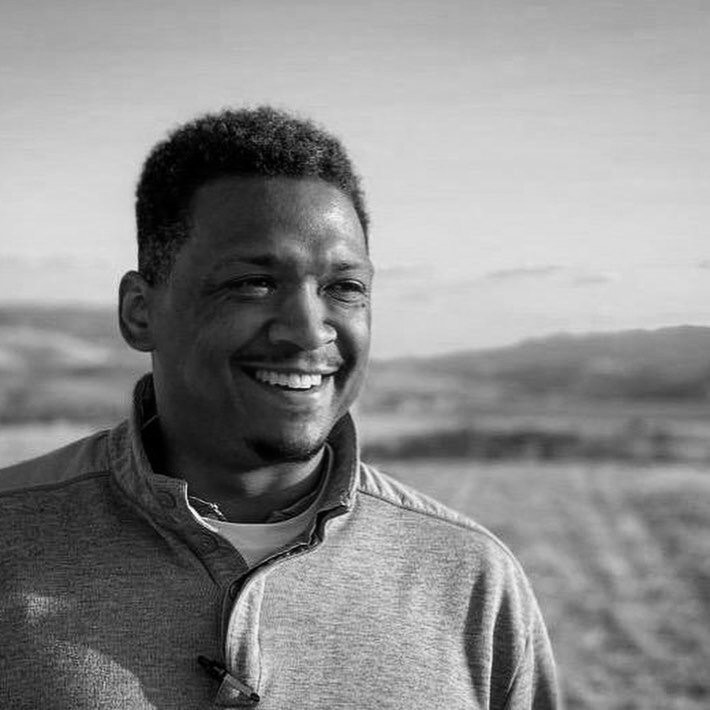
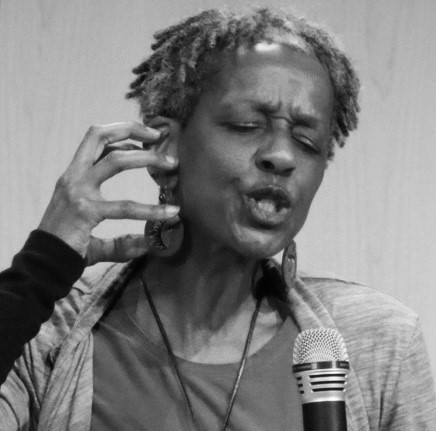
Norma Johnson:
"White guilt and shame regarding slavery is something I don’t really understand. Why would you feel guilty or shameful about something that you were not a part of? Unless of course, there is a feeling of being a part of it in the present. Whiteness has evolved as a very, very tricky opponent. Its dominance depends on one not knowing what they know. I sometimes wonder if white guilt & shame are moments of stepping into that knowing but not knowing what to do about it. I often sense that fear is really what lies at the base of this shame & guilt. Perhaps overcoming these feelings is really about exploring the fears that lie beneath them. We humans seem to have a knack for complicating things, and we are all a part of that. But I really think that for white people to break the cycle of guilt and shame, it requires exploring their fears regarding the topics of genocide, slavery, race, reparations and whiteness.
And included in that exploration is the conversation about fears white people have regarding white pushback/retaliation from others if they decide to talk about and act on dismantling systems of white supremacy. What are the fears regarding this kind of complicated membership with the white club?
For white people, there is a lot to break down, to learn about, to explore and to feel. For most, thinking about race and the systems of white supremacy is a new concept. And like anything new, it’s going to take a while to get your groove on and to understand where you are in all this. But I ask white people to please, please, not turn away from this. Because without you, it will never change, just continue to evolve. We’ve been inviting you to join us in this journey of black lives matter for over 400 years now."
